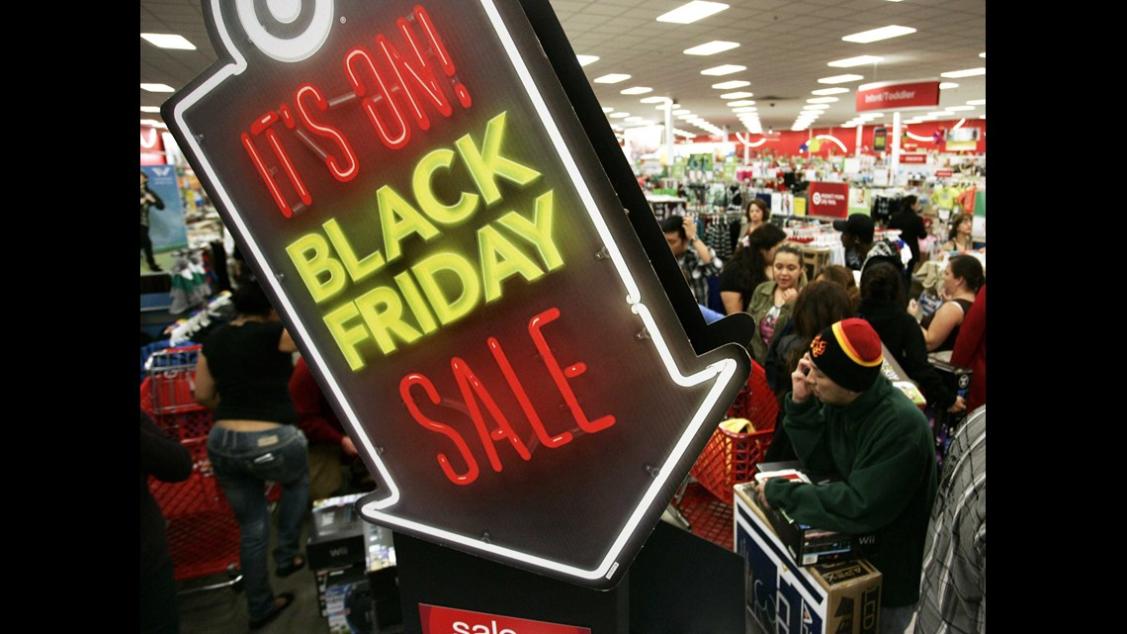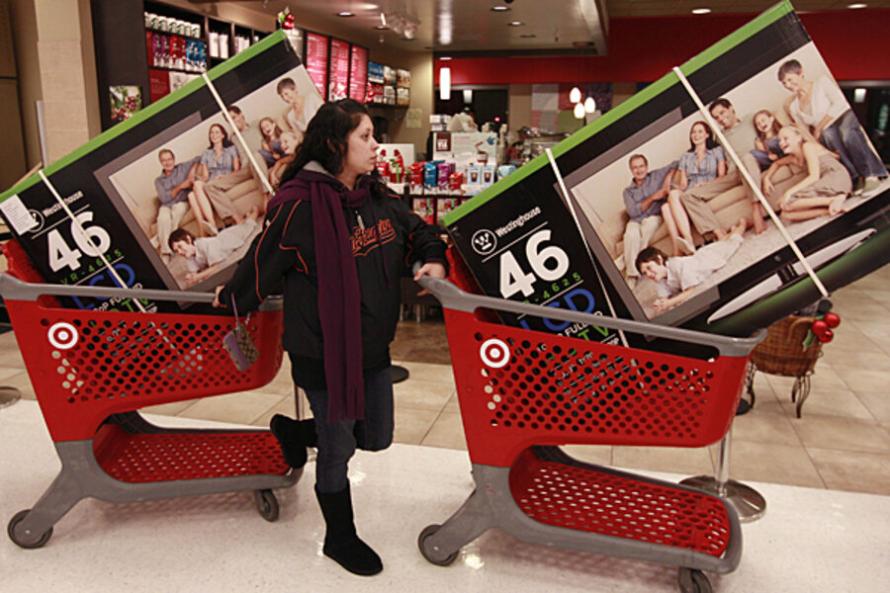The Psychology Behind Black Friday: Why Do We Love a Good Deal?
In the realm of consumerism, Black Friday stands as a colossal event, a day when shoppers flock to stores in droves, eager to snag the best deals of the year. What drives this annual frenzy? Why do we find ourselves drawn to the allure of a good deal, even if it means braving long lines and crowded stores?

This article delves into the fascinating psychology behind Black Friday, exploring the factors that shape our shopping behavior and the motivations that fuel our desire for bargains. From the allure of a good deal to the fear of missing out, we'll uncover the psychological mechanisms that make Black Friday such a captivating phenomenon.
I. The Allure Of A Good Deal:
- Bargain Hunting: Our brains are wired to seek out good deals. The prospect of getting a product at a discounted price activates the reward centers in our brain, releasing dopamine, a neurotransmitter associated with pleasure and satisfaction.
- Anchoring Bias: We tend to use the first piece of information we receive as a reference point for making subsequent judgments. In the context of Black Friday, the heavily discounted prices serve as anchors, making other products seem more expensive in comparison.
- Emotional Appeal: Black Friday shopping often evokes strong emotions, such as excitement, anticipation, and a sense of urgency. These emotions can cloud our judgment and make us more likely to make impulsive purchases.
II. The Limited Time Frame:
- Scarcity and Urgency: The limited availability of Black Friday deals creates a sense of scarcity, which can trigger a fear of missing out and motivate us to make purchases we might not otherwise consider.
- Time Constraints: The perception of time constraints can also influence our decision-making. The idea that we have a limited window of opportunity to take advantage of these deals can lead us to make hasty purchases.
- Retailer Strategies: Retailers often use time-limited offers and countdown timers to create a sense of urgency and encourage shoppers to make quick decisions.
III. Social And Cultural Factors:
- Traditions and Rituals: For many people, Black Friday shopping has become a tradition, a social event enjoyed with family and friends. This shared experience can create a sense of excitement and camaraderie.
- Media and Advertising: The media and advertising play a significant role in shaping our perceptions of Black Friday. The hype and excitement surrounding the event create a sense of anticipation and make it seem like a must-participate occasion.
- Social Pressure: The fear of being left out or missing out on the best deals can also influence our shopping behavior. We may feel pressure to participate in Black Friday shopping even if we don't necessarily need anything.
IV. The Dopamine Rush:
- Dopamine Release: The anticipation and acquisition of a good deal can trigger a release of dopamine, a neurotransmitter associated with pleasure and reward. This dopamine rush can create a sense of satisfaction and reinforce our shopping behavior.
- Sensory Stimulation: Retailers often use sensory cues, such as bright colors, catchy music, and pleasant scents, to stimulate dopamine release and create a positive shopping experience.
- Addiction-Like Behavior: In some cases, the pursuit of Black Friday deals can become addictive. The rush of excitement and satisfaction associated with getting a good deal can lead to compulsive shopping behavior.
V. The Fear Of Missing Out (FOMO):
- FOMO and Impulsive Purchases: The fear of missing out (FOMO) is a powerful motivator that can drive us to make impulsive purchases. We may worry that if we don't take advantage of a Black Friday deal, we'll miss out on a great opportunity.
- Social Media Influence: Social media platforms can amplify FOMO by showcasing images and videos of people enjoying Black Friday deals. This can create a sense of urgency and make us feel like we need to participate to keep up with our peers.
- Overcoming FOMO: To overcome FOMO, it's important to be mindful of our shopping motivations and to make rational decisions based on our needs and budget.
VI. Conclusion:
The psychology behind Black Friday is a complex interplay of cognitive, emotional, and social factors. Our desire for bargains, the limited time frame, social and cultural influences, the dopamine rush, and the fear of missing out all contribute to the allure of this annual shopping event.
Understanding these psychological mechanisms can help us make more informed decisions and avoid overspending during Black Friday. By reflecting on our motivations and shopping habits, we can participate in Black Friday sales without compromising our financial well-being and overall satisfaction.

YesNo

Leave a Reply